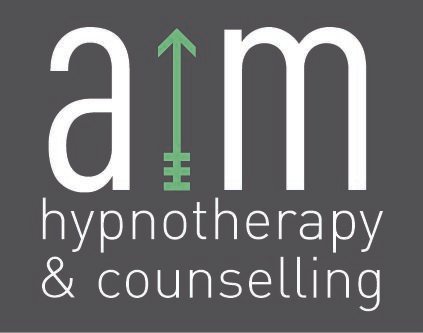What do therapists titles mean?
The different titles and abbreviations therapists use can be really confusing and overwhelming.
If you find yourself unsure about the difference between psychiatrists, psychologists and registered clinical counsellors, you’re not alone.
The guide below is meant to provide a little help in understanding and navigating the process of seeking counselling.
My title is Registered Clinical Counsellor (RCC). I have a Bachelor’s Degree in Psychology and a Master’s Degree in Counselling Psychology. I am also registered with the British Columbia Association of Clinical Counsellors (BCACC).
If you would like to know if your insurance covers sessions with me you should call them and ask if your insurance includes seeing a Registered Clinical Counsellor.
If you are curious to know more about the different titles please read this brief explanation of the differences between the 3 most commonly used titles in BC.
The main difference among these 3 titles is the amount of schooling involved and what these healthcare professionals are qualified to provide.
REGISTERED ClINICAL COUNSELLORS:
Usually have a master’s degree (MA, MEd, MC)
Not everyone who uses the title Counsellor is Registered. Not everyone who uses the term counsellor has formal training or education. Unfortunately the title of “Counsellor” is not protected title in BC (technically anyone can call themselves a counsellor or therapist).This is an important public protection issue that is in the process of being addressed and rectified.
In BC, a Registered Clinical Counsellor (RCC) or Certified Clinical Counsellor (CCC) needs to hold a master’s degree which includes specific eligibility criteria and direct supervision in a clinical setting.
Registered Clinical Counsellors are qualified to evaluate and treat mental health concerns and have a broad understanding of diagnoses.
Counsellors provide many different types of therapy. This can be more somatic (body focused) or cognitive (thought focused), emotion focused or a combination of different approaches. Although the style of therapy can vary, counsellors should provide empirically-supported therapeutic approaches (this means that research has shown the approach to be effective).
Typical sessions are 50 or 60 min in length but some offer 90min and 120 min sessions to allow time for deeper work.
PSYCHOLOGISTS:
Will typically have a doctoral degree (PhD, PsyD, or EdD),
However, some provinces (e.g. Alberta & Saskatchewan) only require psychologists to have a masters degree and to have passed a qualifying exam with a specific (and very high) amount of supervised clinical counselling hours.
Are qualified to evaluate and treat mental health concerns and diagnoses.
Psychologists provide psychotherapy. Just like counselling, approaches can vary and most therapy should be empirically-supported.
Can provide assessments and diagnose mental disorders.
They are not able to prescribe medications.
Typical sessions are 60 min in length.
PSYCHIATRISTS:
Are medical doctors (MD)
Are qualified to evaluate and treat mental health concerns and diagnoses
Are qualified to assess, diagnose, and prescribe medication.
Most psychiatrists will choose to treat mental health diagnoses with psychotropic medications but there are psychiatrists who use psychotherapy as a treatment option.
If you have a preference to not use medication as a form of treatment, let your psychiatrist know.
A typical intake session can be around an hour to 90 minutes. Follow-up appointments tend to be much shorter in length.
The most important part of therapy is that you feel heard and that you can build a trusting relationship with your therapist.
There many different types of therapists and you may find some that resonate more with you and others who don’t seem quite right. The styles of therapy or the therapeutic approaches can also differ quite a bit between different therapists. The main differences may be the interventions or the individuals ‘theory of change’ or how people can begin to make positive changes in their lives. Some therapists focus more on cognition (thoughts),others more on emotions, some more on the body and some will use an integrated approach depending on the client they are working with.
If you have any questions about these approaches please feel free to email for additional clarification.

